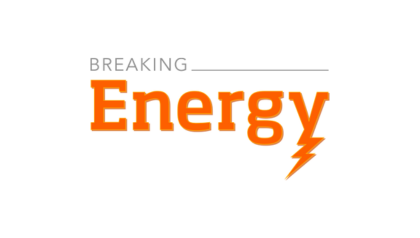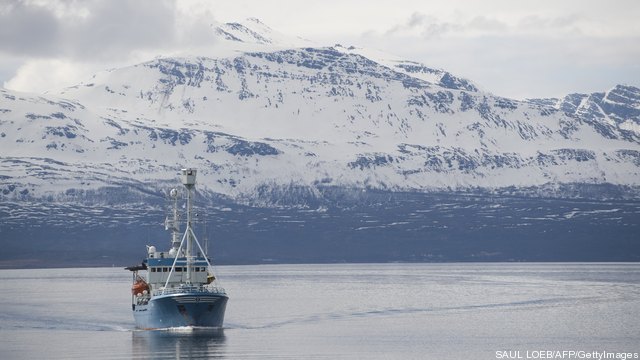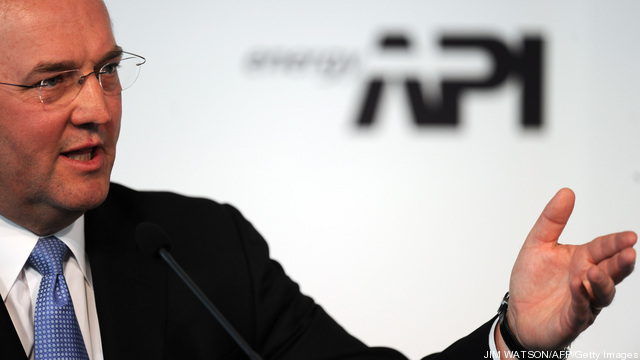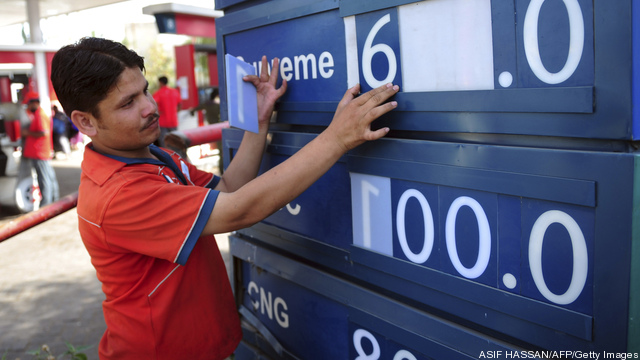
The Obama Administration is calling for continued government support of wind energy, touting a new report showing that it accounted for nearly a third of new electric capacity added in the United States last year. A report released Tuesday by the Department of Energy says the U.S.wind power industry is “facing uncertain times,” growing strongly but confronting the possibility of an expiring tax credit that would deal it a severe blow. Roughly $14 billion was invested last year in the industry, which accounted for 32% of new U.S. generating capacity, the report says. The U.S. has also become a major player on the manufacturing side, producing 67% of new wind turbine equipment used domestically last year.
Obama
Sign up and get Breaking Energy news in your inbox.
We will never sell or share your information without your consent. See our privacy policy.
The Obama administration will go ahead with more drilling in Arctic waters, though at a pace that allows for more research before additional permits are granted. The administration will hold new lease sales for oil companies to drill in the Chukchi and Beaufort Seas just north of Alaska, Interior Secretary Ken Salazar said Tuesday in a conference call with reporters. But the new leases won’t be issued until 2016, allowing more time so that nations bordering the Arctic can identify the region’s resources and figure out which areas need to be protected. “These resources, if developed safely, can be an important component to the all-of-the-above energy strategy,” said Salazar.

Red-state voters spend more of their disposable income on energy than those in blue states, and this election year that has them seeing, well, red.
That’s among the conclusions of an analysis of energy and presidential politics done by Kevin Book, Managing Director of Research for ClearView Energy Partners in Washington, DC. Keep reading →
 (From L) Italian Prime Minister Mario Monti, Canadian Prime Minister Stephen Harper, French President Francois Hollande, US President Barack Obama, UK Prime Minister David Cameron, Russian Prime Minister Dmitry Medvedev, (From R) Japanese Prime Minister Yoshihiko Noda, European Commission President Jose Manuel Barroso, European Council President Herman Van Rompuy, and German Chancellor Angela Merkel take part in a working session of the G8 summit in Camp David, Maryland, on May 19, 2012. AFP PHOTO/RIA NOVOSTI/POOL/MIKHAIL KLIMENTYEV
(From L) Italian Prime Minister Mario Monti, Canadian Prime Minister Stephen Harper, French President Francois Hollande, US President Barack Obama, UK Prime Minister David Cameron, Russian Prime Minister Dmitry Medvedev, (From R) Japanese Prime Minister Yoshihiko Noda, European Commission President Jose Manuel Barroso, European Council President Herman Van Rompuy, and German Chancellor Angela Merkel take part in a working session of the G8 summit in Camp David, Maryland, on May 19, 2012. AFP PHOTO/RIA NOVOSTI/POOL/MIKHAIL KLIMENTYEV
At the Camp David Summit, G-8 Leaders recognized that the development of and universal access to environmentally safe, sustainable, secure, and affordable sources of energy is essential to global economic growth and to their overall efforts to address climate change. As such, they identified several actions for the G-8 to take together: Keep reading →

The head of the American Petroleum Institute on Wednesday signaled a thaw in relations between major oil companies and the Obama administration, telling reporters that the White House has started more constructive talks with the lobby on energy development.
“We have noticed a marked change in our dialogue, perhaps just over the last three or four months,” API President Jack Gerard told reporters. “We have opened a dialogue that is constructive and we give credit where it is due: the president and his people are having a more open dialogue with us.” Keep reading →

The Obama administration tightened rules on hydraulic fracturing late last week, requiring the disclosure of chemicals used in the process when done on federal and American Indian lands. The new rules will also require additional testing of oil and gas well construction and require the industry to have a management plan for the water used in the process. “This proposed rule will strengthen the requirements for hydraulic fracturing performed on federal and Indian lands in order to build public confidence and protect the health of American communities, while ensuring continued access to the important resources that make up our energy economy,” the Interior Department said in a statement. The move is part of a broader administration effort to increase rules for the controversial practice. Earlier this month, the Environmental Protection Agency tightened air pollution requirements for new oil and gas wells.

Firms and traders found guilty of oil market manipulation could be fined a minimum of $10 million a day under a proposal announced yesterday by President Obama.
“At a time when instability in the Middle East is contributing to rising global oil prices that impact consumers at the pump, it is important to give American families confidence that illegal manipulation, fraud and market rigging are not contributing to gas price increases,” said a White House statement. Keep reading →

As US sanctions on Iran tighten and gas prices reach record levels, it is becoming more likely that a release of oil from the US Strategic Petroleum Reserve is in the works. Yet analysts aren’t convinced tapping the SPR is a good idea. Administration officials said Friday that reserves from the SPR were taken into account when they determined that oil markets could handle the loss of Iranian oil. Even before the tighter sanctions were announced, there was talk the administration had been colluding with European countries on a coordinated withdrawal. The rumors have already pushed global oil prices down slightly, although they remain over $120 a barrel.

President Obama ratcheted up the pressure on Iran Friday, deciding to implement previously announced sanctions that will be the toughest to date.
The decision declares that world oil markets can be adequately supplied even if a significant portion of Iran’s 2.2 million barrels a day in oil exports is taken off the table. Keep reading →
Today, President Obama speaks on energy and gas prices at Prince George’s Community College. Watch 11ET: http://wh.gov/live ObamainMD
By Peter GardettToday, President Obama speaks on energy and gas prices at Prince George’s Community College. Watch at 11ET: http://wh.gov/live whitehouse
